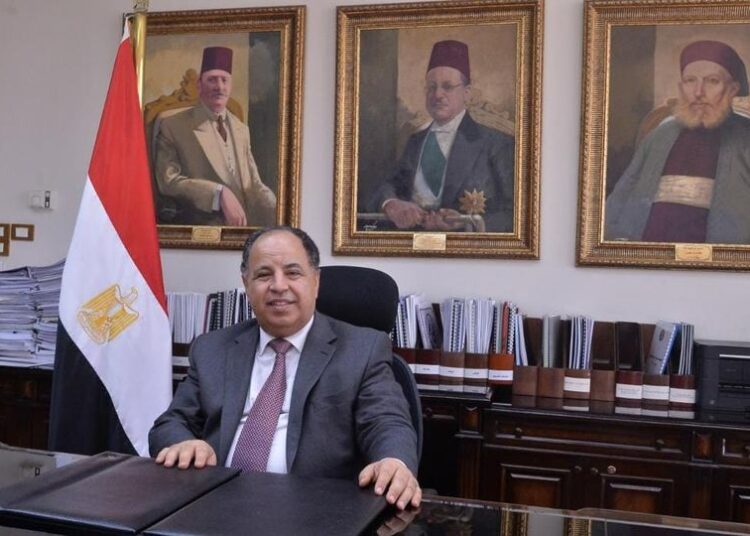Egyptian Minister of Finance, Mohamed Maeet, said Thursday that the June 30 Revolution of 2013 put Egypt back on track economically and financially. Post-revolution authorities launched the largest development process in Egypt’s history, he added.
“This process succeeded in improving living standards and upgrading public services,” the minister said, adding that the development projects implemented nationwide are unprecedented. He described them as “conclusive evidence” that Egypt is moving on the right track. He noted that Egyptians are now reaping the fruits of the economic reforms launched by President Abdel Fattah El Sisi a few years ago.
Maeet attributed the success of the reforms to the ability of the Egyptian government to bring in stability and security to all parts of Egypt. “We would never have achieved any progress without this stability,” the minister said. He added that the reforms lent the national economy resilience in the face of the Covid-19 pandemic.
The performance of the economy during the pandemic won admiration from international institutions, including the International Monetary Fund, the minister said.
Financial indicators in the past period surpassed all expectations and exceeded targets set by national financial and monetary planners, the minister added. “We succeeded in striking a balance between the need to protect public health and keep the economy going,” Maeet said.
Egypt’s budget deficit dropped to 7.8 percent in fiscal year 2020-2021 from 12 percent in 2013-2014.
The budget deficit is expected to reach 6.7 percent next fiscal year, he said, adding that there was a primary surplus of 1.8 percent of GDP in 2019-2020 and 1.1 percent in 2020-2021.
These surpluses compare with an initial deficit of 3.5 percent in 2014-2015, the minister said. Unemployment rate fell from 13.3 percent in 2014-2015 to 7.2 percent in December 2020, he said.
The growth rate increased from 4.4 percent to 5.6 percent in fiscal year 2019-2020, he added. This is one of the highest among emerging markets, while national economic growth has become more diversified and balanced, driven by industry, tourism, construction, trade, oil and gas, investments and exports.
Foreign currency reserves rose from $12 billion in 2014 to more than $40 billion last April, the minister said, adding that these reserves cover imports for more than seven months.
The liberalisation of the exchange rate of the Egyptian pound has led to a significant decrease in the current account deficit and an improvement in foreign currency flows, leading to more foreign investments in local treasury bills and bonds since the beginning of 2019, he said.






Discussion about this post